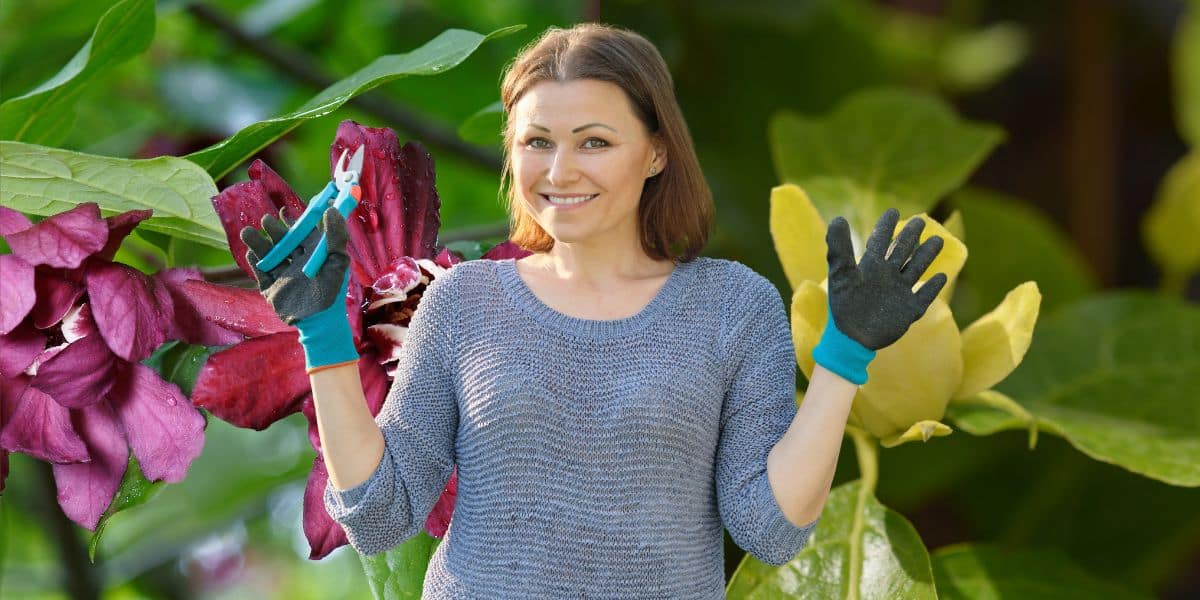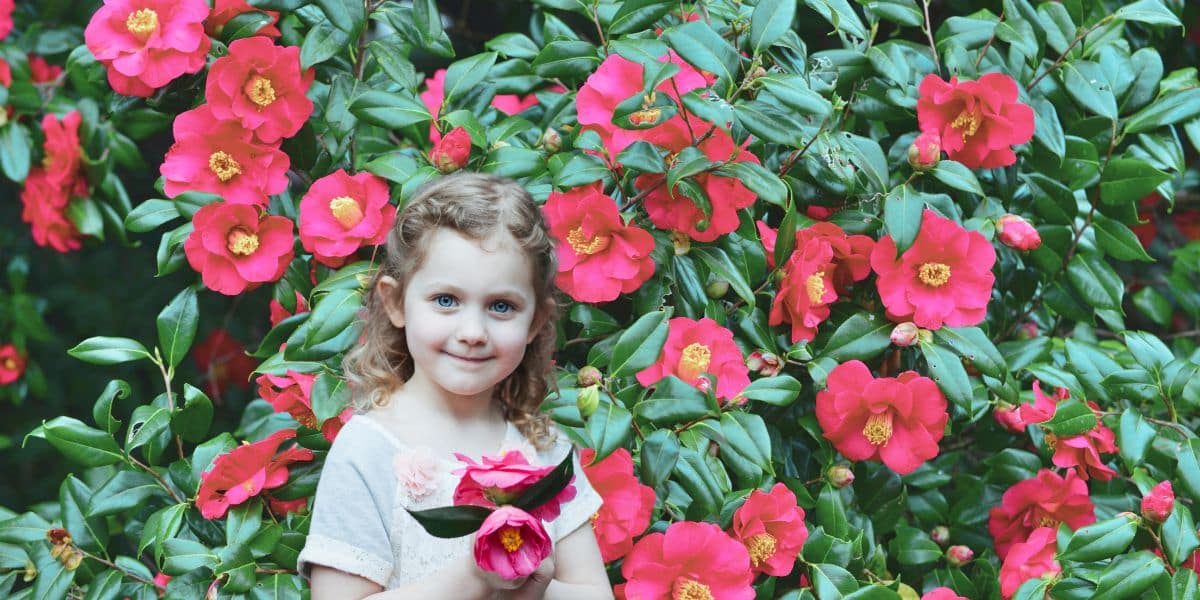Feeding birds in your garden is not just a way to attract them; it is a crucial part of nurturing a balanced backyard ecosystem. With the correct practices, you can provide a safe haven for these delightful creatures while enjoying their company. Understanding the right way to feed birds involves choosing appropriate feeders, selecting high-quality food, and maintaining a clean environment. Below, we will explore the best practices for feeding birds to encourage a lively and diverse feathered community in your garden.
Key highlights 🐦🌿
- Discover why feeding birds is vital for their survival, especially in winter ❄️
- Learn how to choose the best feeders for different bird species 🏡
- Find out which bird food attracts the most visitors to your garden 🌻
- Get expert tips on keeping your feeders clean and safe from disease 🧼
- Optimize feeder placement to prevent window collisions and predators 🦅
The Importance of Bird Feeding
Bird feeding is an essential practice that directly impacts local avian populations and their health. When birds find reliable sources of food, they not only survive but thrive. This activity helps combat food shortages, especially during harsh winters or periods of drought when natural food sources may be scarce. An effective bird feeding strategy supports different species, each with its unique dietary needs.
Choosing the Right Feeders
The type of feeder you select greatly influences which birds are attracted to your garden. Various feeders cater to different bird species and feeding styles. For instance, tube feeders are perfect for small songbirds, while platform feeders cater to ground-feeding birds. If you’re looking to attract a specific species, such as woodpeckers, consider using specialized feeders designed for them, which should ideally be mounted 5-6 feet high on trees. The right feeder will not only provide the birds with easy access to food but also promote diverse birdlife in your backyard.
Quality Bird Food
Black-oil sunflower seeds attract the largest variety of birds. For added variety, you can supplement with nyjer seeds for finches and suet for woodpeckers during the colder seasons. It’s crucial to ensure that the food is fresh, as stale or moldy food can harm the birds’ health. Regularly check your feeders and refill them as needed to ensure that food is always available.
Maintaining a Clean Feeding Environment
To keep birds healthy, cleanliness is paramount. Clean the feeders regularly, ideally on a monthly basis, using a mix of water and bleach (1:9 solution) to disinfect them. This practice helps prevent the spread of disease among the bird population. If you notice sick birds visiting your feeders, it’s advisable to stop feeding temporarily and clean all equipment thoroughly before resuming. A tidy feeding area also encourages birds to return, creating a safer environment for your feathery friends.
Placing Your Feeders Right
The position of your feeders plays a pivotal role in attracting birds. It’s recommended to place feeders within three feet of windows to reduce collision risks. Alternatively, positioning feeders more than thirty feet away provides clearance from potential hazards. Additionally, ensure that feeders are at least ten feet away from trees, which can serve as hiding spots for predators like cats. Set feeders in a calm location, preferably sheltered from harsh weather conditions, to provide optimal feeding conditions for your guests.
FAQ
Why is it essential to clean my bird feeders? Keeping your feeders clean helps prevent the spread of diseases that can afflict wild birds. Regular cleaning promotes a healthier feeding environment.
How often should I change bird food? It’s important to check feeders regularly and replace food as needed, especially if you notice it is stale, moist, or moldy.
What types of food attract the most birds? Black-oil sunflower seeds are highly effective at attracting various birds; supplementing with nyjer seeds and suet can increase diversity.
Is it safe to feed birds year-round? Yes, feeding birds throughout the year is beneficial. Always ensure that the feeders are stocked, especially during harsh weather conditions.
How can I protect birds from predators? Place feeders in locations that are open and away from shrubs where cats might hide. Keeping cats indoors also greatly reduces risks.
Fun fact: Did you know that birds can recognize individual humans who regularly feed them? Studies have shown that crows, chickadees, and even pigeons remember faces and will return to friendly feeders!
Keep your garden full of life! 🌿🐦
Creating a thriving backyard ecosystem through proper bird feeding practices not only enriches your outdoor experience but also contributes positively to local wildlife conservation. By implementing these effective methods of feeding and monitoring, you help foster a resilient environment that is beneficial to both birds and garden enthusiasts. Stay tuned for more exciting ideas on home decoration and gardening, and don’t hesitate to share these insights with fellow nature lovers! Come back soon for more expert tips! 🌱





